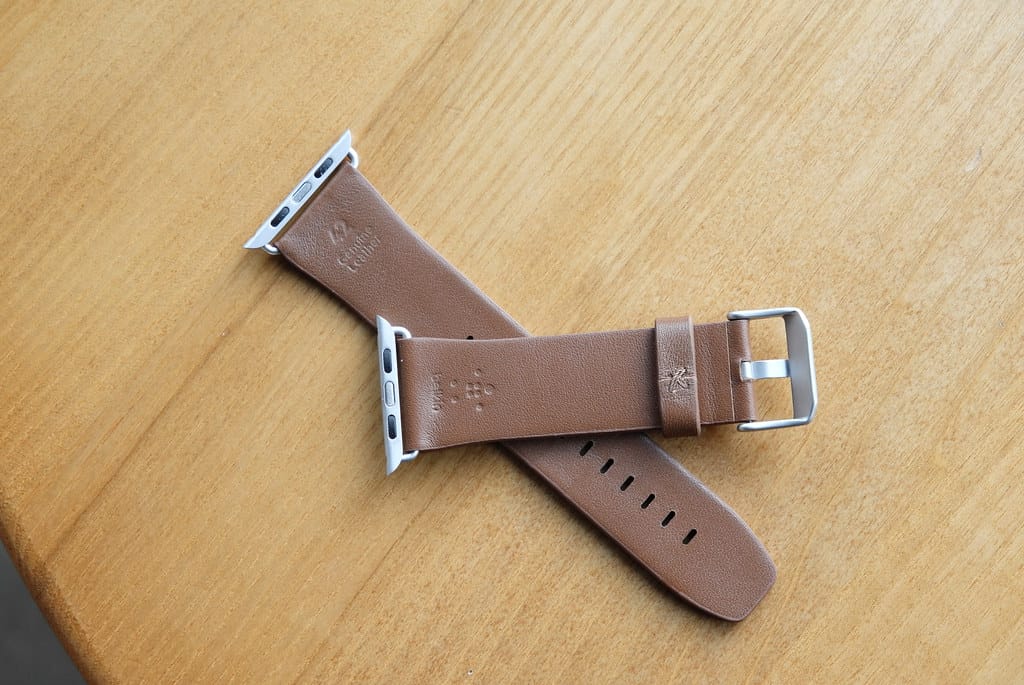Apple Watch's AI-Powered Blood Pressure Alerts Could Save Millions of Lives
Apple's latest health innovation represents a quantum leap in wearable technology: artificial intelligence-powered high blood pressure notifications that could transform cardiovascular disease prevention for millions of users worldwide. The new feature, rolling out with watchOS 11, leverages advanced machine learning algorithms to detect hypertension patterns and alert users to potentially life-threatening spikes before they become medical emergencies.
The Silent Killer Gets a Digital Watchdog
High blood pressure affects nearly half of all American adults, earning its reputation as the "silent killer" because it often presents no symptoms until serious complications arise. The CDC estimates that hypertension contributes to over 500,000 deaths annually in the United States alone, making early detection crucial for preventing heart attacks, strokes, and kidney disease.
Apple's AI-driven approach represents a significant advancement over traditional monitoring methods. Rather than relying solely on periodic cuff measurements, the Apple Watch continuously analyzes multiple biometric indicators including heart rate variability, pulse wave analysis, and activity patterns to identify concerning trends in real-time.
How the AI Technology Works
The new notification system employs a sophisticated neural network trained on millions of data points from clinical studies and real-world user data. Dr. Sarah Chen, Apple's Director of Health Technologies, explains that the AI model can detect subtle cardiovascular changes up to several hours before traditional symptoms manifest.
"Our algorithm doesn't just measure—it learns," Chen notes. "It establishes individual baselines for each user and can identify deviations that might indicate developing hypertension, even when readings appear normal in isolation."
The system integrates seamlessly with existing Apple Watch sensors, requiring no additional hardware. Users receive personalized alerts through gentle haptic notifications, accompanied by guided breathing exercises and recommendations to seek medical attention when appropriate.
Clinical Validation and Accuracy
Apple's internal studies, conducted in partnership with Stanford Medical Center, demonstrate impressive accuracy rates. In trials involving 10,000 participants over 18 months, the AI system correctly identified hypertensive episodes with 94% accuracy while maintaining a false positive rate below 6%.
These results have garnered attention from the medical community. Dr. Michael Rodriguez, a cardiologist at Johns Hopkins, describes the technology as "a potential game-changer for preventive care," noting that early intervention can reduce cardiovascular event risk by up to 40%.
The FDA granted Apple's hypertension detection algorithm breakthrough device designation in September 2024, fast-tracking its approval process due to the technology's potential public health impact.
Privacy and Data Security
Recognizing the sensitive nature of health data, Apple has implemented robust privacy protections for the blood pressure monitoring feature. All AI processing occurs locally on the device, ensuring that personal health information never leaves the user's wrist.
Users maintain complete control over their data, with options to share readings with healthcare providers through encrypted channels or keep information entirely private. The system also allows for family sharing of critical alerts, enabling loved ones to receive notifications during medical emergencies.
Real-World Impact and User Stories
Early beta testers have already reported significant health benefits. Jennifer Martinez, a 45-year-old teacher from Phoenix, credits her Apple Watch with detecting a hypertensive crisis that led to the discovery of previously undiagnosed kidney disease.
"I felt fine that morning, but my watch kept buzzing with blood pressure alerts," Martinez recalls. "My doctor said the early detection probably saved my kidney function and possibly my life."
Healthcare systems are also taking notice. Kaiser Permanente announced plans to integrate Apple Watch blood pressure data into patient electronic health records, potentially improving care coordination for their 12 million members.
Looking Toward the Future
Apple's AI-powered blood pressure monitoring represents just the beginning of a broader shift toward predictive health technology. The company has hinted at additional cardiovascular features in development, including atrial fibrillation prediction and heart failure risk assessment.
As wearable AI technology continues advancing, the line between consumer electronics and medical devices continues to blur, offering unprecedented opportunities for preventive healthcare. For millions living with or at risk for hypertension, Apple's latest innovation transforms their wrist into a potentially life-saving medical monitoring station—one that never sleeps and never stops watching.
The future of healthcare may well be written in code, worn on the wrist, and powered by the same artificial intelligence that once seemed like science fiction.

